When people talk about mental health disorders, they have a sense—though not necessarily an accurate sense—of how scary a given disorder might be.
“Depression,” for example, might seem like a bummer (and it is), but it does not necessarily cause feelings of fear. Neither does “anxiety”—a word that actually describes a feeling akin to fear, but does not really inspire that feeling when it is encountered. “Post-traumatic stress disorder” (PTSD) is generally understood to be quite serious and to have its origins in experiences that are truly horrific, so the mention of PTSD might spark some feelings of trepidation.
But if you are looking for the name of a mental health disorder that truly has the potential to make people feel nervous or uncomfortable, you can’t do much better than “schizophrenia.”
That is likely true, at least in part, due to the various and often inaccurate depictions of schizophrenia in books, on television, and in the movies. Given those kinds of depictions, it is understandable that you may feel fear when you (or someone you love) are diagnosed with schizophrenia.
But there is good news grounded in facts rather than in fiction: Schizophrenia—just like other mental health disorders—can be treated effectively.
In this blog entry, we will share facts about schizophrenia and its treatment in the hope that we can put some of those damaging misconceptions behind us.
Schizophrenia Can Upend a Person’s Perception of Reality
When an individual is suffering from schizophrenia, they may have real difficulty determining what is real and what is imaginary. It may seem to observers—and to the person themself—that the person who is struggling has completely lost touch with reality.
But that disconnect from reality might take a number of different forms. The following symptoms—alone or in combination—may be early indicators of schizophrenia:
- Experiencing auditory or visual hallucinations (hearing or seeing things that are not there)
- An ongoing sense of feeling as though they are being watched
- Expressing a sense of indifference in the face of a critical situation or problem
- Responding with fear or in an irrational way to a loved one
- Writing or speaking in odd—or even nonsensical—ways
It stands to reason that a person experiencing any of those symptoms might find it particularly challenging to regulate and appropriately express their emotions. Because the disorder interferes with key systems in the brain, a person’s thoughts, feelings, and actions can all be changed in unpredictable ways.
The symptoms we have discussed so far are pretty dramatic (though we want to be clear that schizophrenia can develop quickly or slowly, so it is not necessarily the case that a person will suddenly seem to lose their connection to the real world), but there are other symptoms that can suggest someone is struggling as well. They include deterioration in areas like work or school, personal hygiene, sleep, and/or concentration. A person experiencing symptoms of schizophrenia may have significant weight gain or loss and may withdraw from social situations—even those they have regularly enjoyed.
A Three-Part Plan for Addressing Schizophrenia
At Johnstown Heights Behavioral Health, we have a three-part approach for providing inpatient care for an individual suffering from schizophrenia.
The first part is a determination that an individual is experiencing acute symptoms of the disorder and needs a higher level of care than they might be able to receive on an outpatient basis. Once that determination has been made, assessment and admission follow. After admission to Johnstown Heights, an individual will receive round-the-clock monitoring and care from experienced, empathetic healthcare professionals.
The primary goal of inpatient care is to stabilize symptoms in a safe and supportive environment while developing a comprehensive treatment plan that can continue on an outpatient basis.
Inpatient treatment—the third part of the three-part plan—may involve a combination of therapy, medication, and other interventions intended to help manage symptoms and increase a person’s overall level of functioning. Family therapy and education, social skills training, and vocational rehabilitation to support a successful return to daily life are also part of the treatment on offer at Johnstown Heights Behavioral Health.
We Are Here to Help You Improve Your Mental Health
Located in Johnstown, Colorado, Johnstown Heights Behavioral Health provides personalized mental health treatment for adults and adolescent girls. We are also equipped to treat substance use disorders that may be entangled with a mental health issue. Our entire team is dedicated to providing compassionate care to each person we serve.
Getting treatment for a mental health disorder of any kind can truly change your life for the better. At Johnstown Heights Behavioral Health, we will help you find the right approaches for improving your mental well-being and for maintaining those improvements over time.







